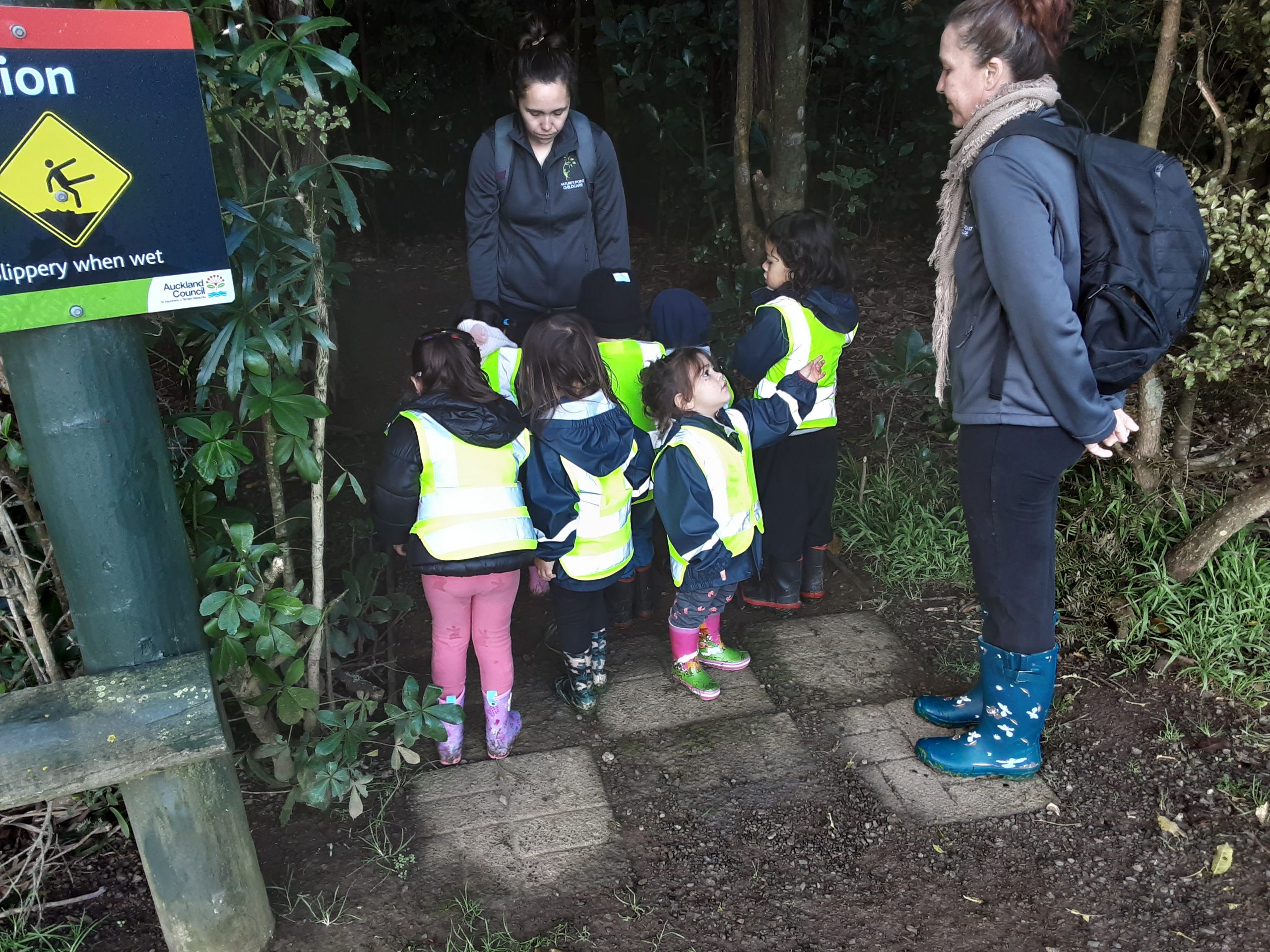Introducing little ones to sustainability will empower them to take care of the planet and instil the same values into the generation after them.
There is no doubting the importance of instilling a sense of environmental responsibility and instilling sustainable habits into our children. But how can this be done?
In this blog we share some simple ideas to foster a sense of environmental stewardship in your child.
- Connect with nature
The first, and probably the best way to get your little ones to cultivate eco-friendly habits is by exposing them to the beauty of nature. Experiencing nature for yourself is the most effective way of connecting with it. Spend time outdoors – walking amidst nature, camping, gardening or even a picnic in the park. No better way to foster a love for nature and a sense of awe, respect, and appreciation for the environment.
At Nature’s Point Childcare, our daily walk into the neighbouring Kirk’s Bush is the best part the day for every child. Rain or shine, we love to head out, find snails, build huts or just walk under the canopy of trees.
- Teaching the kids the 3 Rs
Teaching your little ones the importance of the three R’s – Reduce, Reuse, and Recycle. Teaching kids to repurpose items instead of throwing them away is a large part of establishing an eco-friendly approach to life.
Encourage them to buy only what they need. Talk to them about the importance of using reusable water bottles instead of buying a disposable water bottle or taking your lunch box instead of food in plastic takeaway boxes. Clothes can be recycled or handed down to siblings instead of new ones being bought. These little things go a long way in encouraging smart environmental choices.
- The message of conservation
Teach kids about the importance of conserving water. Some practical ways to do this are encouraging them to turn off the tap while brushing their teeth, turning the tap off properly, and running the bath a little bit lower if possible. Another fun way to teach water conservation is to involve them in activities like collecting rainwater in buckets and using it to water the garden or indoor plants.
Equally important is energy conservation. Remind children to turn off lights and appliances when not in use.
- Sustainable transportation
If you can swap your car for a bike or walk for a trip to the local park or dairy, do it. Use public transport more often and if your circumstances support it, consider electric cars for the family.
Remember, talk to your children about these choices you make so they understand the impact they make to the environment.
- Eco friendly activities
Make learning about the environment more engaging for children by choosing activities and play connected to nature. Use natural materials such as twigs, stones, leaves, etc to create their own nature art project. Get the children to help you with gardening – growing their own vegetables also encourages the importance of eating healthy.
- Lead by example
As much as we can include and introduce our little ones to living more sustainably, they’ll never learn more than from watching us. Children learn by example, so it’s important that we all model environmentally sustainable behaviour for them. Be purposeful about exposing them to your own eco-friendly habits.




